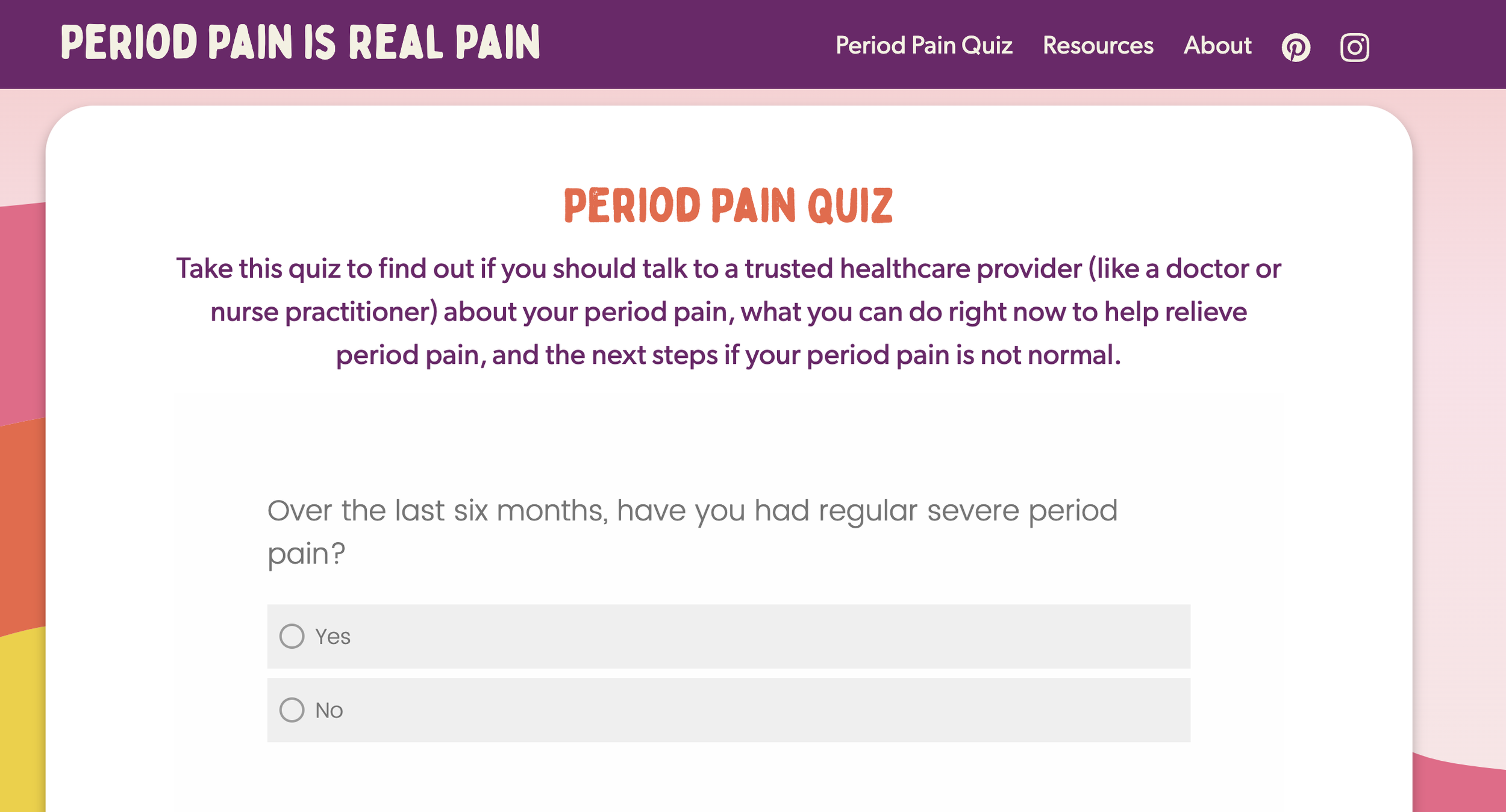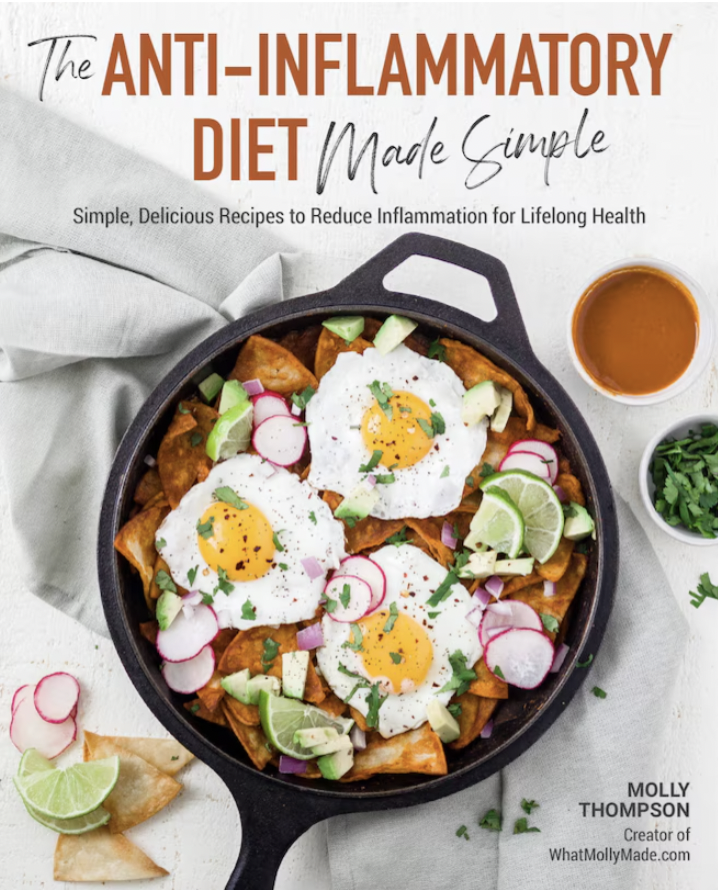Resource Hub - Endometriosis & Pelvic Pain
Resource Hub
This page brings together trusted, evidence-based resources to support you through the challenges of endometriosis and pelvic pain. From books and podcasts to websites and tools, everything here is handpicked to help you feel informed, understood, and less alone. Whether you're just starting to seek answers or deep in your healing journey, this space makes it easier to find what you need — all in one place.
*Special thanks to Dr. Natasha Orr for sharing the GOSH Podcast, Period Pain and Pelvic Pain Websites in my initial search for the right science-backed sources!
BOOKS
Healing Pelvic Pain — Dr Peta Wright
A holistic, trauma-informed guide to understanding and easing pelvic pain.
Why it's helpful: Offers a mind-body-focused approach that integrates trauma awareness, cycle-sensitive care, and actionable lifestyle tools to support long-term relief and empowerment.
Canadian Purchase Options:
The Body Keeps the Score — Bessel van der Kolk, M.D.
A deeply researched exploration of how trauma affects the body and mind even once the experiences are long over.
Why it’s helpful: Did you know that emotional and physical pain light up the same areas of the brain? This book offers a powerful window into why your body may still be holding onto pain or overwhelm—even long after the event. With insights on how trauma lives in the body and how healing is possible through EMDR, somatic therapy, yoga, and breathwork, it’s a validating and empowering read.
Canadian Purchase Options:
Education & Evidence-Based Websites
Pelvic Pain & Endometriosis — UBC Endometriosis & Pelvic Pain Laboratory
An accessible, Canadian-based site developed with patient partners and backed by UBC research.
Why it's helpful: A trusted resource offering empathetic, research-informed insights into endometriosis and pelvic pain—including causes, care options, common questions, and stories from people with lived experience.
Created by: UBC’s Endometriosis & Pelvic Pain Laboratory in collaboration with patient partners.
🌐 pelvicpainendo.ca
Period Pain is Real Pain — PeriodPain.ca
A Canada-based campaign breaking the silence on severe period pain.
Why it's helpful: Validates that period pain is real and not normal—especially when it interferes with everyday life. Includes an easy self-assessment quiz, evidence-based relief strategies, and clear explanations of when professional care may be needed.
Created by: UBC’s Endometriosis & Pelvic Pain Laboratory in partnership with youth and health experts.
🌐 periodpain.ca
They also have a series of videos that do a beautiful job depicting the pelvic pain journey.
The Endometriosis Network Canada
Empowering individuals with endometriosis through education, support, and community.
Why it's helpful: A Canadian nonprofit offering resources like virtual support groups, a surgeon directory, educational materials, and advocacy initiatives to support those affected by endometriosis.
Key Features:
Virtual support groups twice monthly via Zoom
Surgeon directory for endometriosis excision specialists across Canada
Educational resources including the Endo Hub and youth menstrual health workbook
Advocacy initiatives like “Run to End Endo”
Created by: Founded in 2012 by individuals with endometriosis, registered charity since 2016.
Nervous System Regulation & Mindfulness
Polyvagal Theory Explained — Stephen Porges (Animated Overview)
A visually engaging introduction to how our nervous system detects safety and threat, impacting pain and emotional wellbeing.
Why it's helpful: Explains nervous system responses that underlie trauma and chronic pain, helping clients understand their bodily reactions and supporting regulation strategies.
🎥 Watch on YouTube
PodCasts - PAIN REPROCESSING THERAPY
Podcast: Breaking the Cycle of Pain Rumination
When you live with endometriosis or chronic pelvic pain, it’s easy to get caught in a constant loop of symptom-watching, worry, and overanalyzing every sensation. This episode explores how that rumination can actually keep the nervous system stuck in high alert — and in turn, keep pain pathways active.
Therapist John Gasienica works with Leslie, a new mom navigating chronic pelvic pain, to gently shift her attention away from obsessive symptom monitoring. With insights from expert therapist Callie Klebanoff, they share the Pain Reprocessing Therapy (PRT) approach for retraining the brain to feel safe, calm the body, and reduce pain.
Why it’s helpful:
You’ll hear real-life strategies for breaking the cycle of overthinking pain, learn why tracking every sensation can backfire, and discover practical ways to help your nervous system settle — tools that can be powerful alongside endometriosis treatment and pelvic health support.
Podcast: GOSH - Gynecologic Oncology Sharing Hub
Season 4 Episode 7: Decoding Endometriosis: Insights from Dr. Paul Yong
In this episode, Dr. Paul Yong—a leading pelvic pain specialist and researcher at UBC’s BC Women’s Centre for Pelvic Pain & Endometriosis—takes us beyond the surface of endometriosis. He breaks down how diagnosis has evolved from surgical confirmation to clinical understanding, sheds light on the complex ties between genetics, pelvic nerve growth, and pain, and invites us into the world of translational research offering hope for better treatments and patient care.
Why it’s helpful:
This conversation offers clear, evidence-based insights into the "why" and "how" of endometriosis—exploring what happens beneath the surface of symptoms, and how clinical tools, research innovations, and understanding of nerve mechanisms can guide healing and informed care.
Season 4 Episode 8: Bridging the Gap: Educating Healthcare Providers on Endometriosis
Why it’s helpful:
This episode features Dr. Natasha Orr —a UBC researcher whose work centers on improving care for those with endometriosis and pelvic pain. Using patient-oriented research and design, she talks about developing resources (like videos and workshops) to train healthcare providers-in-training. It’s a hopeful listen that affirms your pain is real—and that education can transform how the healthcare system responds.
What you’ll gain:
Insight into why so many people face years of delay and dismissal before diagnosis—often 5 years or more.
Understanding of how user-informed resource development can make a real difference in provider awareness.
Reassurance that change is underway—and that your experiences are being used to shape more empathetic, accurate healthcare training.
Tools: Two Products for Two Types of PAin
The Pelvic People offer two thoughtful tools to help make intimacy more comfortable and connection possible. The Kiwi supports entry pain and the provides Ohnut helps ease discomfort from deep pain. They also include easy to understand guides for each product depending on your need.
In their words - “The days of "just relax" and "deal with it" are over”.
I am able to offer $7 both products using this link:
Use code: THEWHOLEYOU7
Period & Pelvic Pain Care & Relief
Somedays creates science-backed products designed to support menstrual and pelvic pain relief—from soothing topical creams to warming tools and bath soaks. Their products are made in Canada and formulated to calm muscle tension, ease cramps, and support comfort during flare-ups.
I can offer 15% off all Somedays period relief products using this link
Discount code: THEWHOLEYOUPSYCHOTHERAPY
Recipe Ideas for those looking to Reduce Inflammation
The Anti-Inflammatory Diet Made Simple: Delicious Recipes to Reduce Inflammation for Lifelong Health - Molly Thompson
Why it’s helpful:
This cookbook offers a clear, approachable way to eat for reduced inflammation — whether your goal is to support pelvic health, improve energy, or ease chronic pain symptoms. With over 100 recipes, it focuses on nutrient-rich, whole foods that are easy to prepare and satisfying to eat. It also includes practical tips for building anti-inflammatory meals, making it easier to create lasting changes without feeling restricted.
Canadian Purchase Option:








